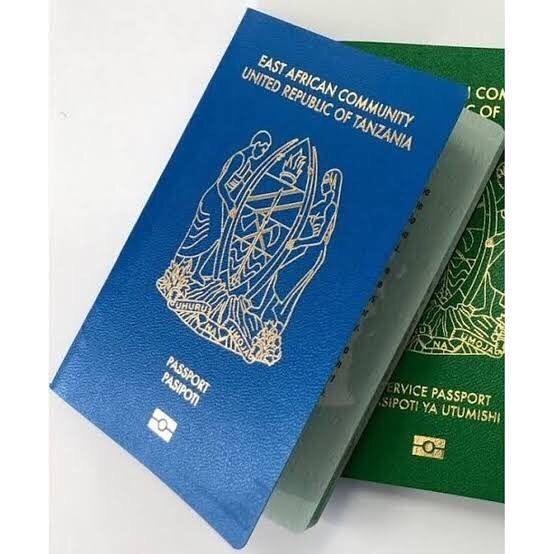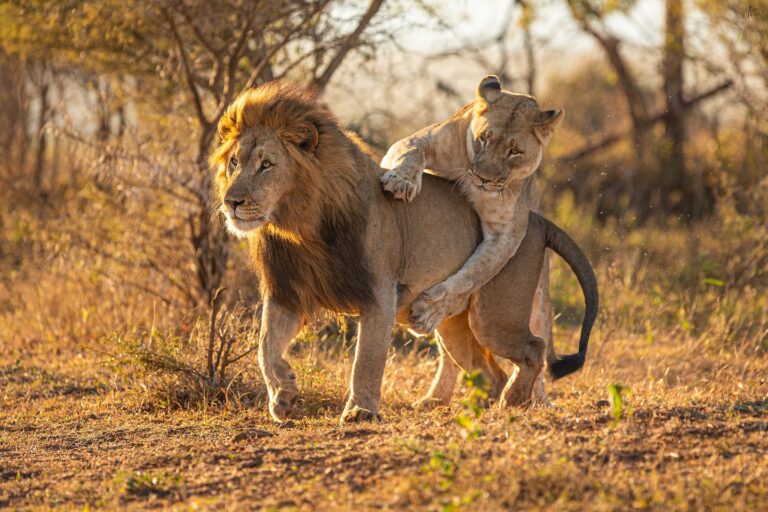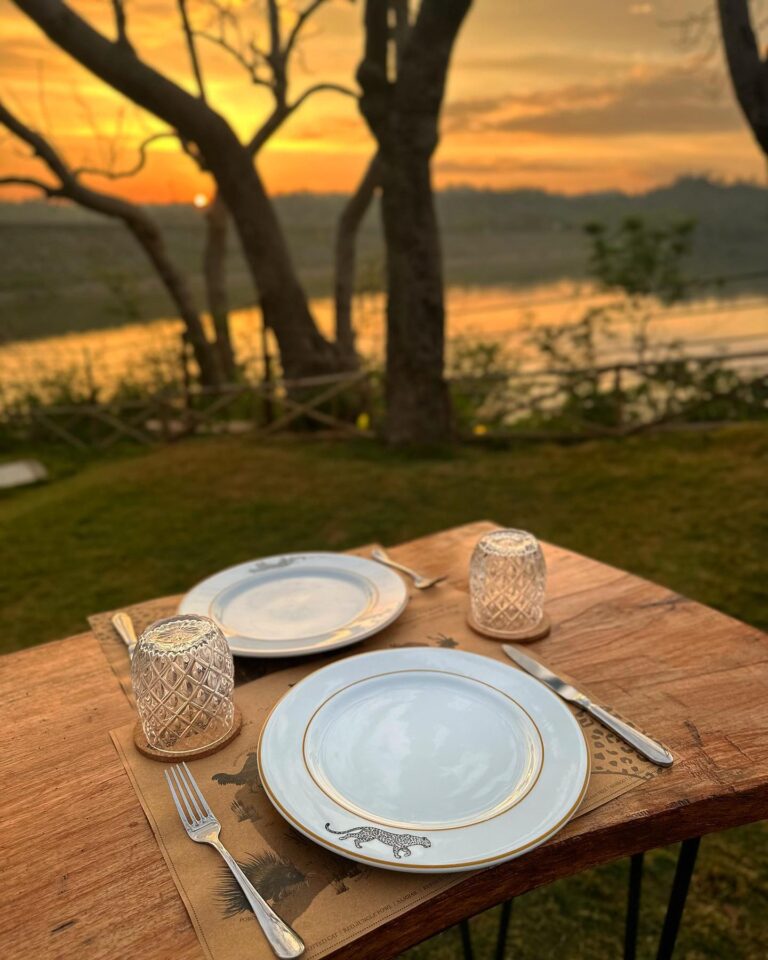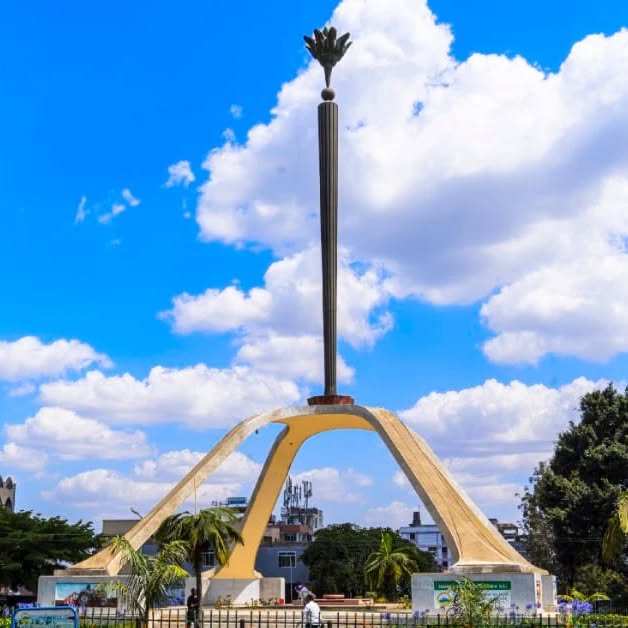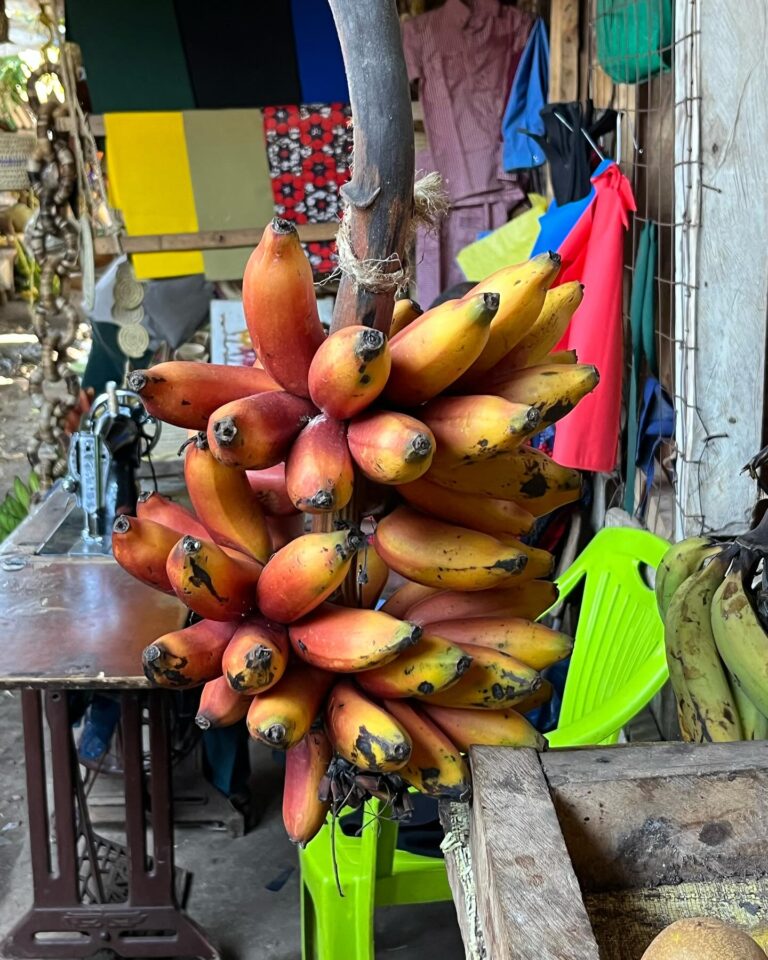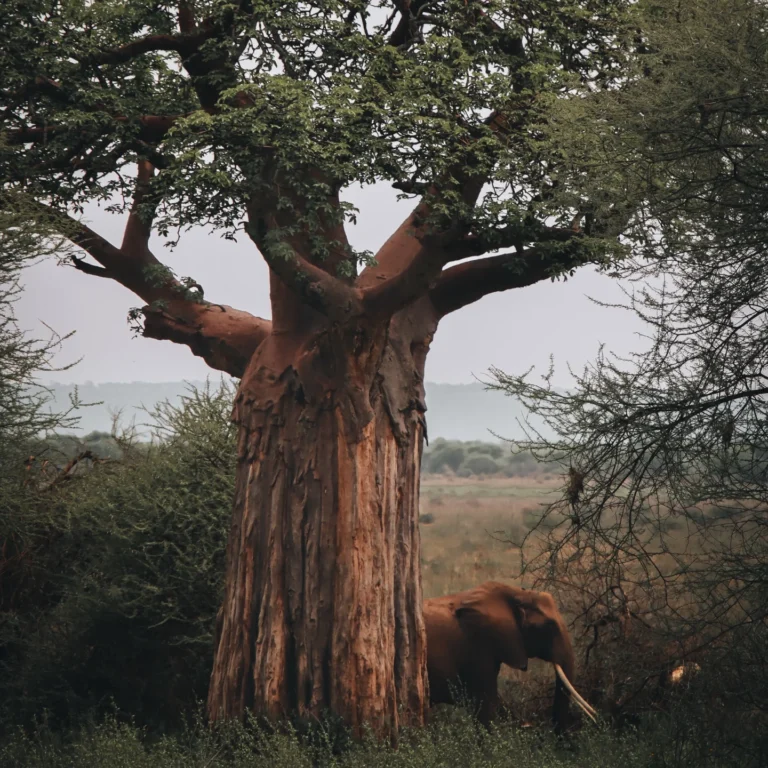What Are the Top Essentials for Traveling to Tanzania?
Visit Tanzania..
Planning a trip to Tanzania? Whether you’re heading to the majestic Serengeti, relaxing on Zanzibar’s beaches, or conquering Mount Kilimanjaro, Tanzania is a destination full of diverse adventures. To make the most of your experience, there are a few crucial things you should know before you go.
Here’s an overview of essential things visitors need to know before embarking on a safari adventure in Tanzania. Being informed about these aspects will help ensure a smooth and enjoyable safari adventure in Tanzania, allowing you to focus on the incredible wildlife and landscapes.
-
Visa and Passport
To enter Tanzania, travelers must hold a valid passport with at least six months’ validity from the date of entry and at least one blank page for stamping. Most nationalities, including those from the USA, UK, Canada, and EU, require a tourist visa, which can be obtained either as a Visa on Arrival at major entry points or more conveniently through the Tanzania e-Visa portal at immigration.go.tz.
-
Health Precautions
Before traveling to Tanzania, it’s important to take key health precautions to ensure a safe and enjoyable trip. Consult your doctor or a travel clinic at least 4–6 weeks before departure. Recommended vaccinations include Hepatitis A and B, Typhoid, and Tetanus, while Yellow Fever is required if you’re arriving from a country with risk of transmission. Tanzania is also a malaria zone, so anti-malarial medication, mosquito repellent with DEET, and wearing long sleeves in the evenings are essential. Additionally, pack a basic medical kit with items like rehydration salts, pain relievers, and motion sickness tablets, especially if you’re going on safari or trekking in remote areas.
-
Currency
The official currency of Tanzania is the Tanzanian Shilling (TZS), though US dollars (USD) are widely accepted in hotels, lodges, and tourist hotspots. It’s recommended to carry a mix of both, especially for tipping, local markets, and rural areas where shillings are preferred. ATMs are available in major cities like Arusha, Dar es Salaam, and Zanzibar, and they dispense Tanzanian shillings. While credit cards are accepted in many lodges and upscale establishments, a 3–5% transaction fee may apply. For convenience, exchange some currency upon arrival or withdraw from a reputable ATM, and always carry small denominations for day-to-day expense.
-
Language
The official languages of Tanzania are Swahili (Kiswahili) and English, with Swahili being the most widely spoken across the country. While English is commonly used in tourism, business, and government, especially in urban areas and national parks, learning a few basic Swahili phrases can greatly enhance your travel experience and help you connect with locals. Common phrases include “Jambo” (Hello), “Asante” (Thank you), and “Karibu” (Welcome). Tanzanians appreciate visitors who make the effort to speak their language, and even simple greetings can go a long way in creating warm, respectful interactions.
-
Weather and Packing
Tanzania’s weather varies by region and season, so packing appropriately is key to a comfortable trip. The country experiences a tropical climate, with a dry season from June to October, ideal for safaris and trekking, and a wet season from November to May, with heavier rains in April and May. For safaris, pack lightweight, neutral-colored clothing, long sleeves and pants for sun and mosquito protection, a wide-brimmed hat, sunglasses, and comfortable walking shoes. If you’re heading to higher altitudes like Mount Kilimanjaro or the Ngorongoro Highlands, bring warmer layers, including a fleece and a waterproof jacket. Don’t forget essentials like sunscreen, insect repellent, a reusable water bottle, and a universal power adapter. Neutral-colored clothing is recommended for safaris to blend in with the environment.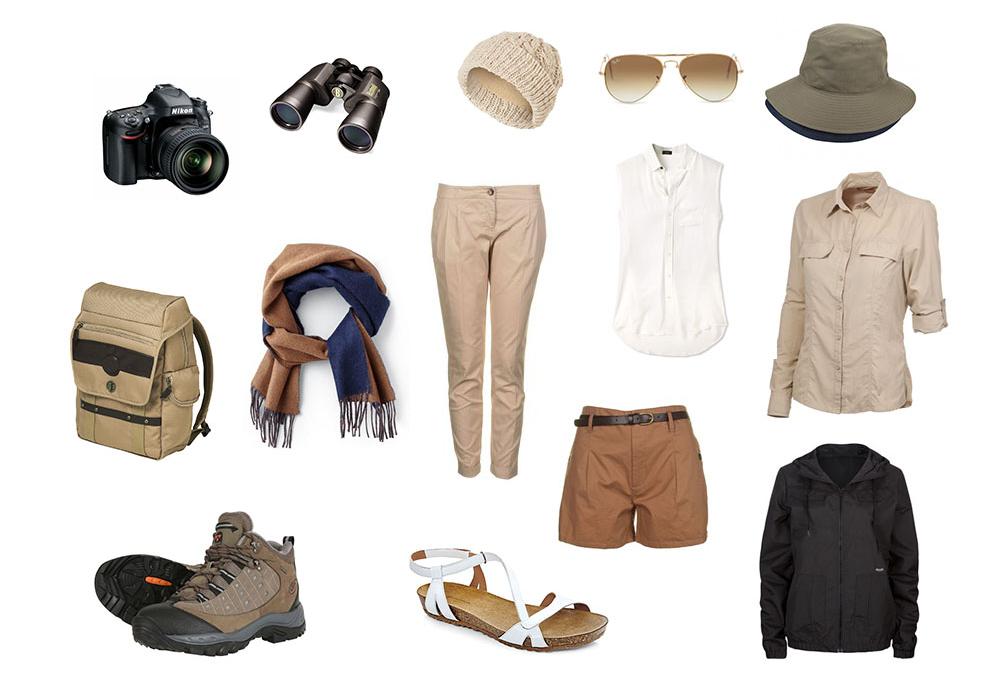
-
Tipping
Tipping in Tanzania is customary and appreciated, especially in the tourism and hospitality industry, where it forms a significant part of many workers’ income. While not mandatory, it’s a great way to show appreciation for good service. On safari, it’s common to tip $10–$20 USD per day for guides and $5–$10 USD per day for drivers or support staff. In hotels and lodges, a tip of $1–$2 USD for porters or housekeeping staff is standard. For restaurants, a 10% tip is appreciated if service isn’t already included in the bill. It’s best to carry small USD notes or Tanzanian Shillings for tipping, and to place tips in envelopes or use designated tip boxes, when provided. Tipping is a standard part of the experience, and a generous tip for a job well done will be greatly appreciated by those who depend on this income for their sustainable lives.
-
Tailor-Made Safaris
Consider booking tailor-made safaris that cater to your interests and budget. Reputable tour operator like Afrima Luxury Travel offer customizable itineraries, allowing you to choose the parks, activities, and accommodations that suit your preferences. We recommend that you consider a season for travel dry season from June-October being preferred by a number of travelers for wildlife viewing and Mt Kilimanjaro Trekking. During wet season especially from late February-May you may come for bird watching and a wildebeest calving season. The costs for safari packages are lower due to less congestions in the parks accommodations as travelers are fewer in number.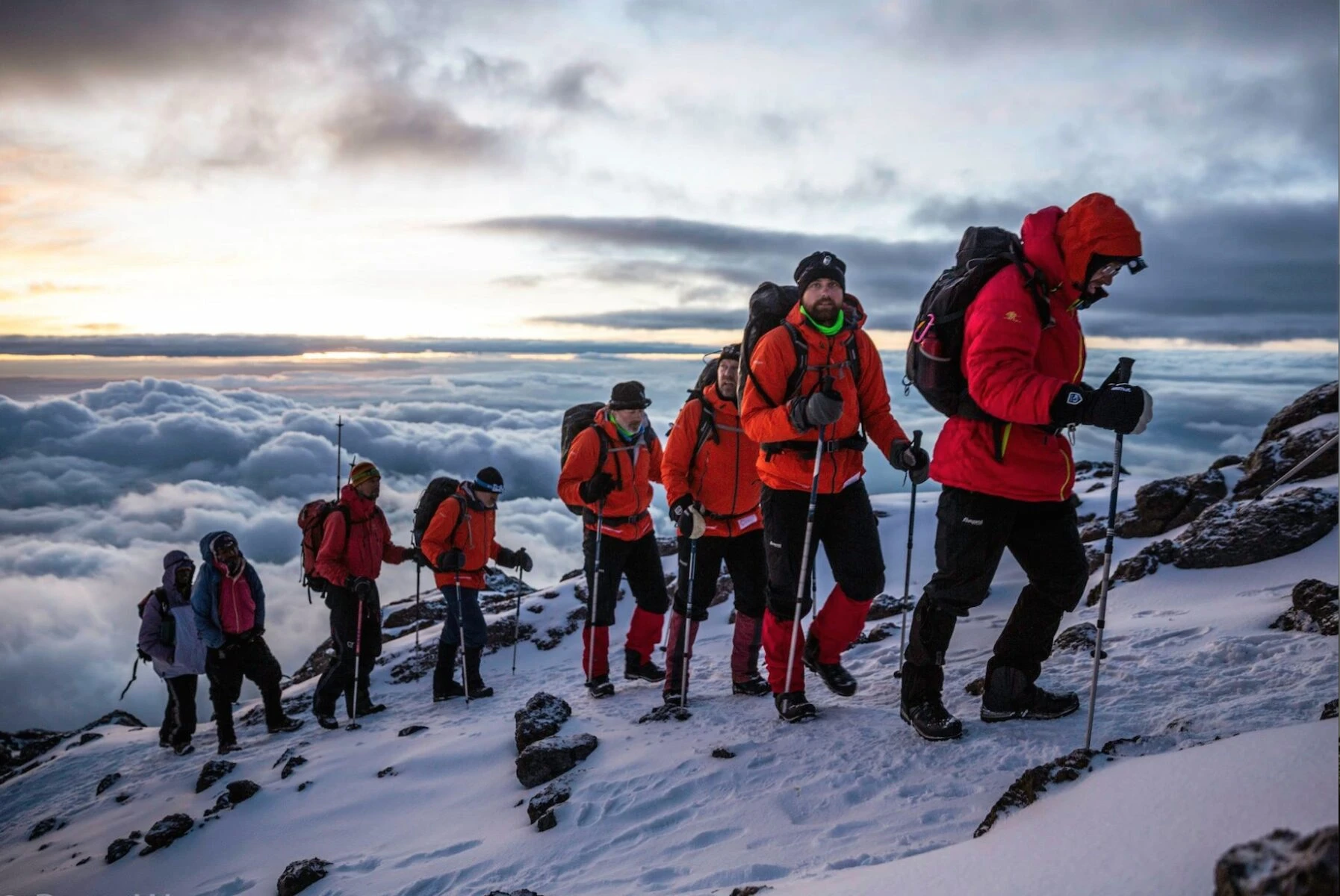
-
Culture Respect
Respecting local culture and customs is essential when visiting Tanzania, where hospitality and community values run deep. Tanzanians are generally warm and welcoming, and small gestures of cultural awareness go a long way. Dress modestly, especially in rural areas and places of worship, women should avoid revealing clothing, and men should avoid going shirtless in public. Always greet people politely, using phrases like “Shikamoo” (a respectful greeting to elders) or “Jambo” (hello). It’s also important to ask for permission before taking photos of people. Public displays of affection are frowned upon, and when visiting homes or villages, be mindful of traditions and respectful behavior. Embracing the culture with curiosity and courtesy not only enriches your experience but also fosters meaningful connections. Engage with local communities with an open mind and a willingness to learn about their ways of life.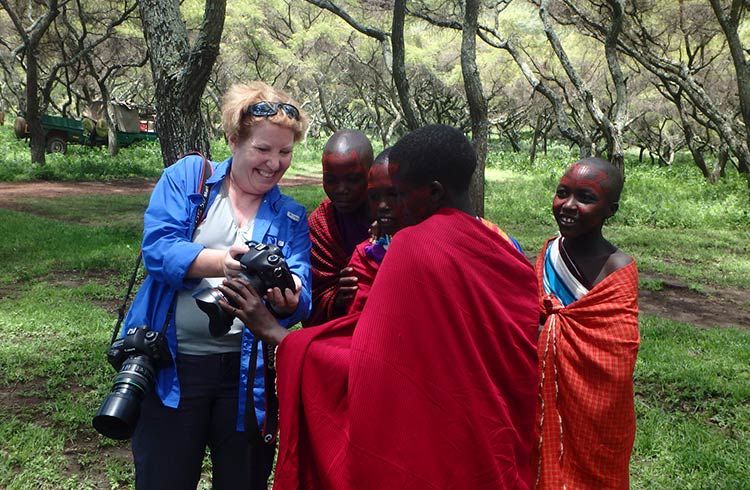
-
Transportation
Getting around Tanzania involves a mix of domestic flights, road transfers, and local transport, depending on your itinerary and budget. For long distances, especially between national parks or to islands like Zanzibar–domestic flights are the fastest and most convenient option, with carriers like Coastal Aviation and Auric Air offering regular routes. Be prepared for long drives on safari, as wildlife sightings often require some travel. Within cities and towns, taxis, boda-bodas (motorbike taxis), and dala-dalas (shared minibuses) are commonly used, though they vary in safety and comfort. For safari adventures, most travelers rely on private 4×4 vehicles with experienced guides, arranged through their tour operator. Roads in rural areas can be rough, so allow extra time for travel. Always agree on taxi fares in advance, and opt for pre-booked transfers when possible for safety and reliability.
-
Internet and Communication
Internet and mobile communication in Tanzania are relatively accessible, especially in major cities like Arusha, Dar es Salaam, and Zanzibar. Most hotels, safari lodges, and cafes offer Wi-Fi, but speeds can be inconsistent, particularly in remote areas or national parks. To stay connected on the go, many travelers opt for a local SIM card from providers such as Vodacom, Airtel, Tigo, or Halotel, which offer affordable data bundles and strong coverage across most regions. You’ll need an unlocked phone and your passport to register. For convenience, newer smartphones may support eSIM activation. Popular messaging apps like WhatsApp, Telegram, and Instagram work well, making it easy to stay in touch with family or share your adventure in real time. Just be prepared for occasional network drops when deep in the wilderness.
-
Local Cuisines
Exploring local cuisines in Tanzania is a delicious way to experience the country’s rich culture and hospitality. Tanzanian food is hearty, flavorful, and influenced by African, Arab, and Indian traditions. A staple dish is ugali, a dense maize porridge served with vegetables, meat, or fish. Other favorites include nyama choma (grilled meat), pilau (spiced rice), chapati, and sukuma wiki (collard greens). On the coast and in Zanzibar, you’ll find an abundance of fresh seafood and dishes infused with coconut, cloves, and other local spices. Don’t miss trying Zanzibar pizza or a sweet treat like mandazi (fried doughnuts). Street food is popular and tasty, but stick to vendors with high turnover and good hygiene. Dining in Tanzania is not just about eating, it’s about sharing and savoring every bite with warm, friendly company.
-
Carrying a Credit Card elsewhere
While credit cards are accepted at many hotels, lodges, and upscale restaurants in Tanzania, they are not widely used in rural areas, small shops, or local markets. Carrying a credit card is useful for larger purchases and emergencies, especially in cities like Arusha, Dar es Salaam, and Zanzibar Town, but it’s essential to also carry cash in Tanzanian Shillings (TZS) or small denominations of USD for day-to-day expenses and tipping. Visa and MasterCard credit cards are accepted at most large tourist establishments and are necessary to pay park fees. You’ll need money elsewhere. It’s helpful to have some smaller denominations on hand because change is rarely available.
-
Responsible/Sustainable Tourism
Responsible tourism in Tanzania plays a vital role in protecting the country’s incredible wildlife, ecosystems, and local communities. Travelers are encouraged to choose eco-friendly lodges, locally owned tour operators, and experiences that support conservation efforts and community empowerment. Respect wildlife by keeping a safe distance and following your guide’s instructions, and never litter, especially in national parks. By traveling responsibly/sustainably you can contribute to the preservation of Tanzania’s natural and cultural heritage. Reduce your environmental effect, help out local communities, and leave nothing but footprints behind.
-
Wildlife Safety
When on safari in wildlife areas, follow the guidance of your guides regarding safety. Keep a safe distance from animals and avoid walking alone in parks. Safari visitors must prioritize wildlife safety, underscoring the significance of treating animals with respect and their natural environments. Always heed the advice of knowledgeable guides, keep a safe distance from animals, and refrain from doing anything that could agitate them, like making loud noises or moving suddenly. Unless told otherwise, it is imperative that you remain inside the car, as this reduces stress for the animals and guarantees your safety. Travelers should also be mindful of their surroundings, particularly when strolling through areas that are home to wildlife, and avoid approaching young animals as their mothers may be protective of them. By following these safety precautions, guests can support the preservation of wildlife and its habitats while having an amazing safari experience.
-
Embrace the Adventure
A key idea in tourism is “Embrace the Adventure,” which exhorts visitors to welcome the unknown and immerse themselves completely in novel experiences. This mindset fosters openness to trying new activities, exploring unfamiliar cultures, and stepping outside of comfort zones. Embracing adventure improves the travel experience and forges lifelong memories, whether it’s hiking through stunning scenery, sampling local cuisine, or interacting with locals. It fosters curiosity, which promotes personal development and a greater appreciation for the places visited. By embracing adventure, tourists promote sustainable tourism practices that benefit both guests and hosts, enriching their own travel experiences as well as the communities and environments they interact with.
-
Take time for greetings & interactions
In the context of tourism, taking the time to say hello is a crucial practice, particularly in places with diverse cultures like Tanzania. Greeting people according to their local customs demonstrates your respect and admiration for their traditions. In Tanzania, hellos typically entail more than just saying “hello”; they may also involve questions about one’s family, health, and general well-being, demonstrating the value of relationships and community.
Greeting locals with a smile can improve your relationships, promote goodwill, and establish a deeper cultural connection. To demonstrate their effort and respect, visitors are urged to learn a few simple Swahili phrases, like “Habari” (how are you) or “Jambo” (hello). In addition to improving their own experiences, travelers who adopt this behavior also help create a more courteous and upbeat travel atmosphere.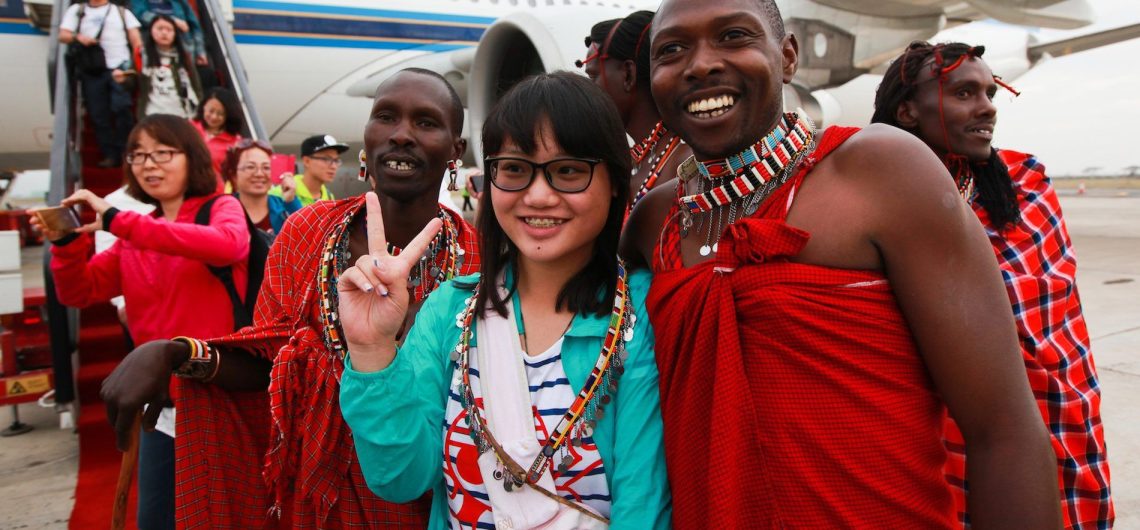
-
Safety & Security
A traveler’s consideration of safety and security is essential when traveling or planning to travel to Tanzania. Travelers should be aware of their surroundings, avoid flashing expensive goods, and exercise caution when venturing into new places, particularly in crowded market places or places with a vibrant nightlife. It’s wise to heed local guidance, stay on well-trod routes, and make use of reliable transit choices. Having copies of your insurance policy and passport on hand can add an extra degree of security. Keeping in touch with loved ones and letting them know about your travel itinerary can also help you feel safer. Travelers can fully enjoy their adventure in Tanzania while minimizing risks by putting safety and security first.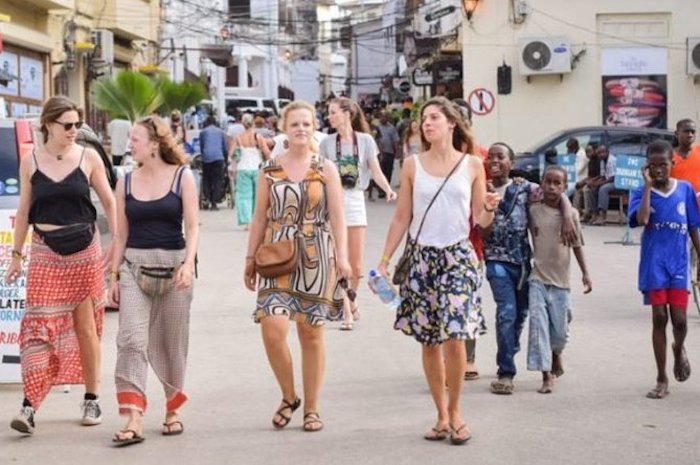
Generally, Tanzania is a destination that stirs the soul, with its majestic wildlife, vibrant cultures, awe-inspiring landscapes, and the kind of adventures that stay with you for a lifetime. From the plains of the Serengeti to the peaks of Kilimanjaro, the spice-scented streets of Zanzibar to the welcoming smiles of local communities, every moment here is a story waiting to unfold. With the right preparation and an open heart, your journey will be as smooth as it is unforgettable. For a truly seamless, personalized, and luxurious experience, consider traveling with Afrima Luxury Travel. Their expertly curated itineraries, attention to detail, and deep local knowledge ensure your Tanzanian adventure is not just a trip, but an extraordinary journey crafted just for you.

